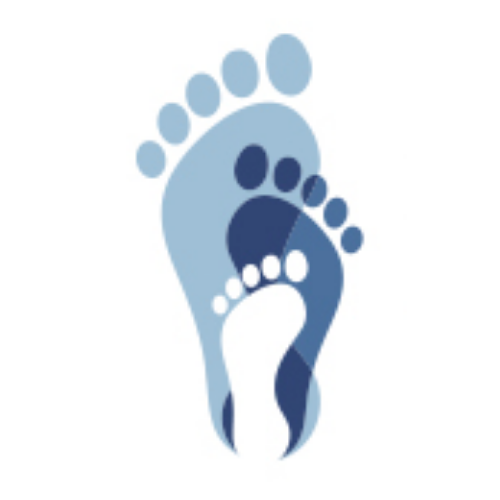Do you suffer from plantar fasciosis or heel pain? Torquay Podiatrist, Amy Hawker discusses…
The most common foot condition that we see at our clinics located conveniently in Torquay, Ocean Grove and Geelong is plantar fasciitis.
What is Plantar Fasciosis?
It is inflammation or degeneration of the fascia or soft tissue which makes up the arch underneath your foot. Most people with plantar fasciitis or fasciosis experience pain under their heel first thing in the morning, throughout the day or after periods of prolonged standing. Pain can be experienced on the plantar aspect of your heel (which is the most common site) all the way through the mid arch extending to the point where the arch of your foot meets the balls of your feet.
What causes Plantar Fasciosis?
A sudden increase in exercise, small weight gain, incorrect shoes or poor foot mechanics can cause this injury. We often see Plantar Fasciitis flare up with weight and centre of mass changes involved in pregnancy, particularly in the third trimester.
Often, this condition can occur in cycles. If you have had it before you are highly likely to have it again unless you treat is the causative factors correctly.
How we can help you?
Although this is one of the most common foot conditions we see here at Stance Podiatry in Torquay, Ocean Grove and Geelong, the treatment plan for each patient is varied. The first step is identifying the causes (not just the symptoms) to your heel pain or plantar fasciosis, So we perform a full assessment to understand why this has happened for the patient and then implementing a treatment program tailored to their needs.
Wearing supportive, lace up shoes for one week until pain starts to reduce is a fantastic way to get on top of it. We recommend seeing a Podiatrist as soon as you notice something is not right with your feet. The longer that you have had pain, usually means the longer it will take for this pain to reduce. Be proactive with heel pain and see your Podiatrist.
What are some common treatment options?
Rest from high impact exercise for a short period of time
Icing the heel and arch area with a frozen drink bottle or use a mobility ball for self massage
Taking anti-inflammatory medication as required and directed by your doctor
Ensuring you are wearing supportive and appropriate footwear
Strengthening exercises such as calf raises and stretching
Supportive arch taping done by your Podiatrist
Orthotic therapy
We recommend getting your pain seen to as soon as possible so that you can back on your feet as quickly as possible. We can then organise a personalised treatment plan to suit you and get you back on your feet doing the things you love pain free!
If you have any questions about Plantar Fasciitis please call, text or email are we would love to help you achieve optimal foot health!
Amy Hawker
Podiatrist in Torquay, Ocean Grove and Geelong
hello@stancepodiatry.com.ai
0409092298

